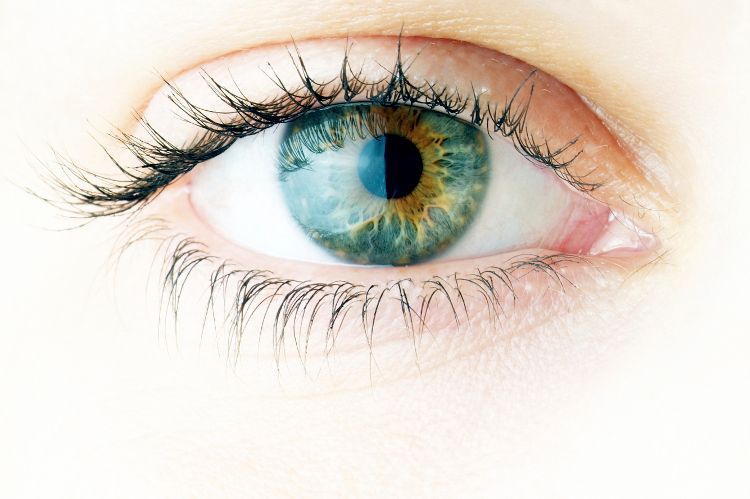Nicotinamide riboside may support eye health according to a preclinical animal study
Preclinical research1 conducted on mice found that the patented nicotinamide riboside (NR) called Niagen prevented light-induced retinal damage.
Photo © iStockphoto.com/fotoadrenalina

Preclinical research1 conducted on mice found that the patented nicotinamide riboside (NR) called Niagen prevented light-induced retinal damage. The study demonstrated that exposure to degeneration-inducing levels of light suppressed NAD+ levels, but treatment with NR increased NAD+ levels, preventing damage. Researchers also observed that mice given NR the day and morning prior to light exposure not only had higher NAD+ levels, but thicker retinas, fewer dying (apoptopic) retinal cells, and less retinal inflammation following the light damage.
It is known that NAD+ levels decline naturally with age, and previously published preclinical models found that declines with ocular health is associated with low levels of NAD+. This decline in NAD+ may be a significant factor in the degeneration of the retina, and subsequent vision loss that ensues with aging.
“Just this year, we’ve seen numerous studies published on the benefits of Niagen in human, animal, and cell models,” says Andrew Shao, PhD, ChromaDex senior vice president of global scientific and regulatory affairs, in a press release. “This study paves the way for future research in humans studying age-related declines in ocular health which is a major public health problem.”
Reference
- Zhang X et al. “Systemic treatment with nicotinamide riboside is protective in a mouse model of light-induced retinal degeneration.” Biochemistry and Molecular Biology, vol. 61, no. 10 (2020)






